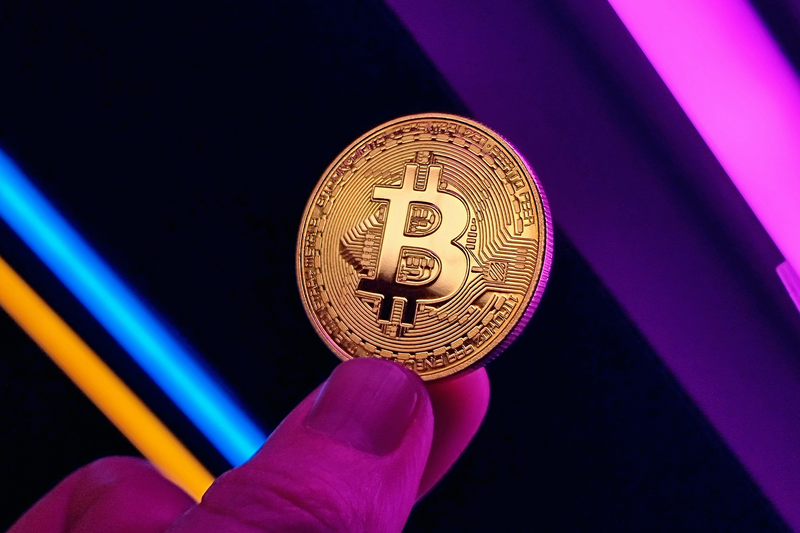
The approval of Bitcoin-based ETFs by US authorities has sparked a sharp reaction in the European Central Bank. Ulrich Bindseil and Jürgen Schaaf, significant figures within the ECB structure, mince no words – in their opinion, Bitcoin lacks intrinsic value, and its recent price increase, driven by the introduction of ETFs, does not change its fundamental flaws.
In their blog post, Bindseil and Schaaf criticize moves towards Bitcoin ETFs as irresponsible and short-sighted. They argue that accepting these funds does not translate into a confirmation of Bitcoin’s safety, but rather resembles a “dead cat bounce” – a temporary price increase without lasting value.
Moreover, the authors highlight that Bitcoin, being subject to speculation and market manipulation, can lead to an unfavorable redistribution of wealth, especially to the detriment of less experienced investors. These concerns are amplified by the potential environmental harm associated with the high energy consumption of cryptocurrency mining.
The ECB is also scrutinizing legal and regulatory aspects. Bindseil and Schaaf point to the inadequacy of current regulations that cannot keep up with the rapidly changing cryptocurrency market. They believe that excessive liberalization in regulations and the influence of lobbyists in shaping Bitcoin policy could lead to serious social and economic consequences.
Analyzing the situation, the ECB questions the sensibility and safety of investing in Bitcoin, especially in the context of its instability and role in financial crime. Consequently, the bank’s representatives call for decisive regulatory actions, including the possibility of severely restricting or banning the trade of this cryptocurrency.
Bindseil and Schaaf appeal for vigilance and responsibility from authorities in the face of the growing challenges posed by the digital financial world. In their view, decisive regulatory intervention is necessary to protect society from the negative aspects of trading Bitcoin and other cryptocurrencies.
The discourse around Bitcoin and cryptocurrencies evolves, intertwining with a broad spectrum of opinions and perspectives. While cryptocurrency enthusiasts look to the future with visionary eyes, institutions like the ECB emphasize the need for caution and regulation. In this multidimensional debate, finding a balance between innovation and safety seems key, so that digital transformation can move forward without leaving anyone behind.
Photo by Erling Løken Andersen on Unsplash
